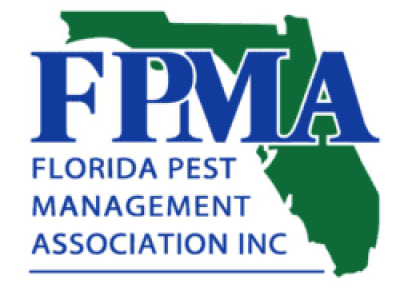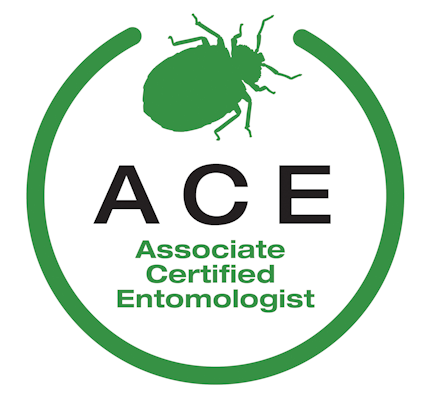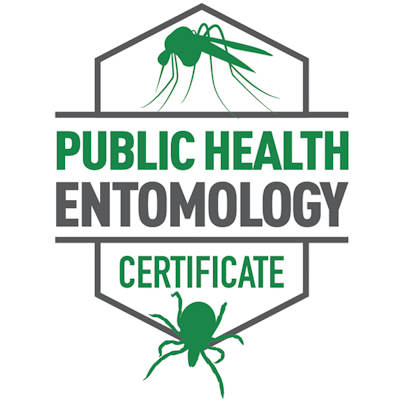Rodent Pest Control
How we treat:
Rodents
We’ll use our expert knowledge of rodent biology to effectively and safely prevent and protect your home like it was our own. See how.
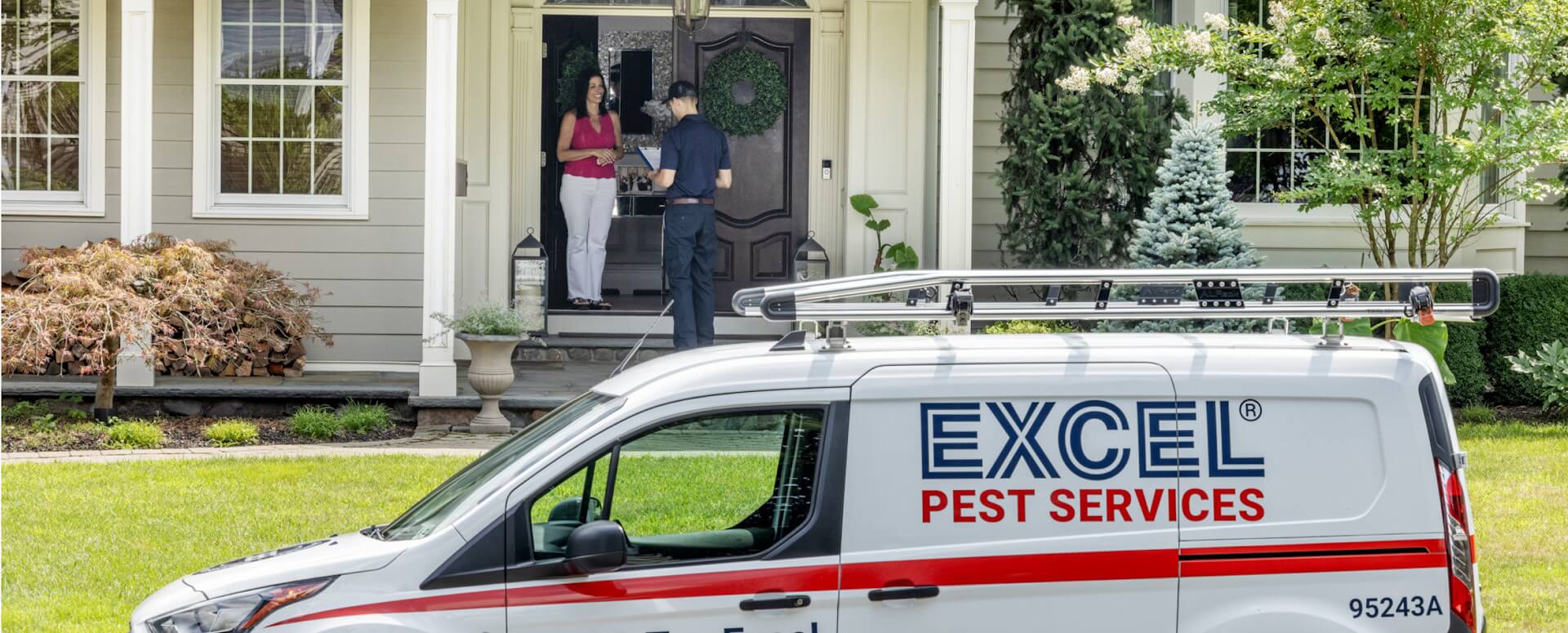
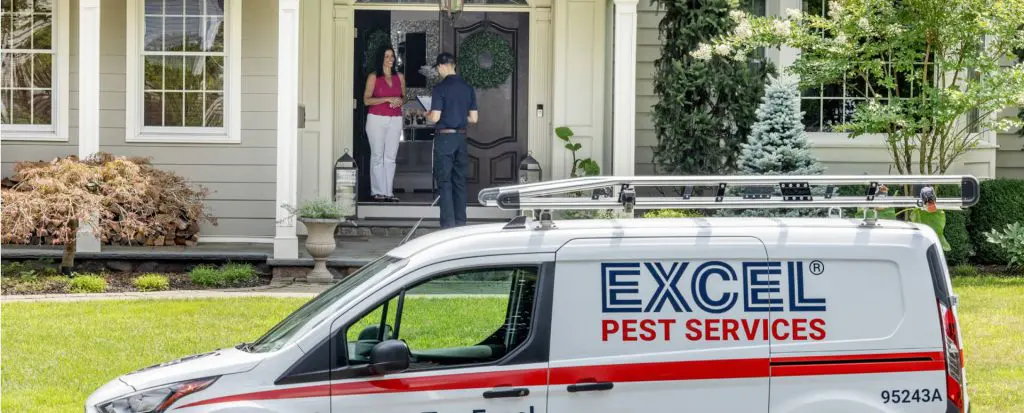
Getting rid of rodents is as easy as 1, 2 and 3
INSPECT
We combine our visual inspection with techniques like tracking powers or UV tracking dust to zero in on high-activity areas.
TREAT
We’ll create a targeted treatment plan based on our inspection which often includes strategic placement of bait stations.
PREVENT
Additional measures like sealing entry points, regular monitoring and use of traps may be recommended to keep rodents from coming back.
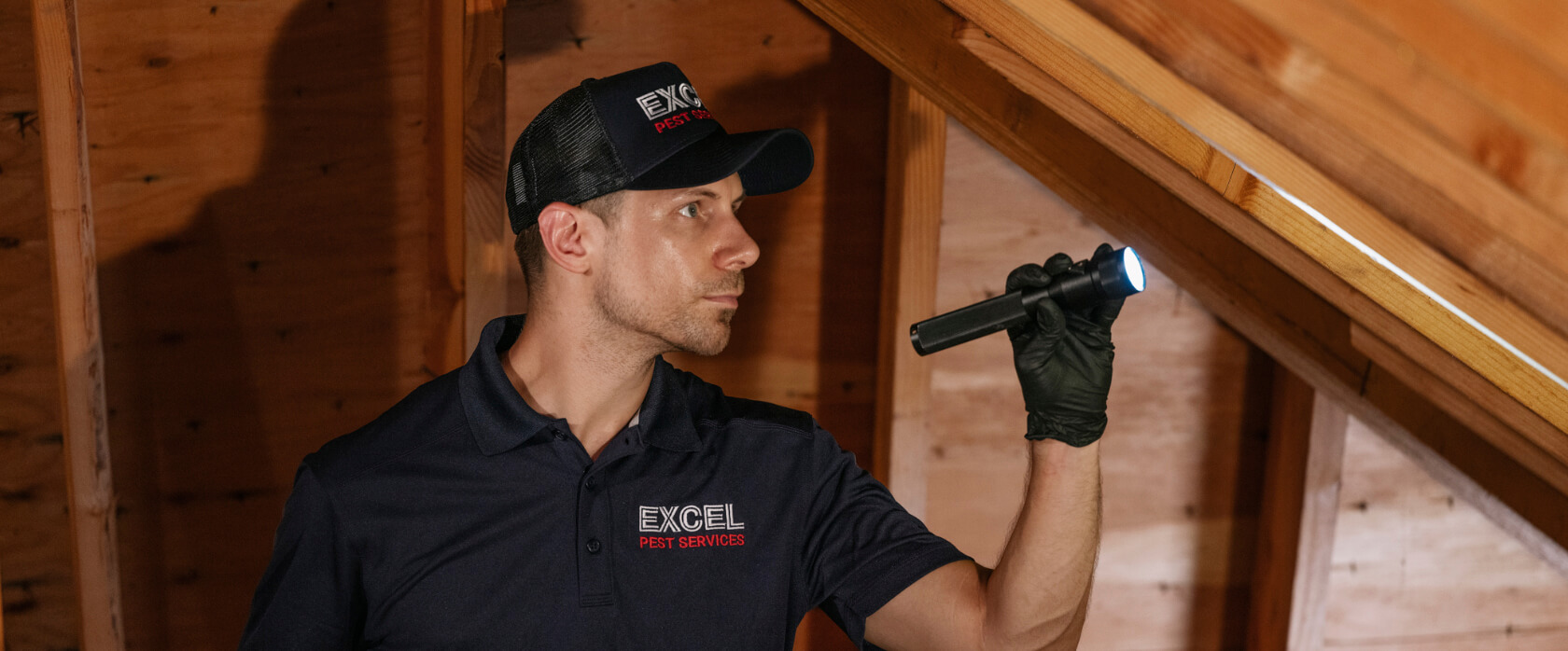
Excel’s proven process
Our proven approach to delivering a pest-free, worry-free environment. Guaranteed.
Inspect
We’ll inspect your home inside and out, and top to bottom to spot current and potential pest problems.
Identify
We’ll assess and correctly identify any active pests. Pest species and biology is considered to choose the right treatment option.
Treat
We’ve identified your pests, now we’ll treat them using safe and effective treatment methods with only EPA registered products.
Report Back
We’ll provide service reports via email letting you know who was there, what they did, and what happens next.
Monitor and Maintain
We’ll prevent pests from returning with our ‘set it and forget it’ maintenance plan. Keeping you one step ahead of mother nature.
Feel Excel-lent
You’ll feel great and rest easy knowing your home, family and pets are in good hands.
Testimonials
Your neighbors love us.
Pests, not so much.
“I’m definitely as environmentally conscious as I can be…a lot of these companies come out and they say, we’re the professionals, we’ll take care of it. You just cut us a check and don’t worry about the details. The fact that you explain the details matters a lot.”
“I did talk to a number of pest control companies, and when I considered the value of their being willing to come out anytime I have a problem I went with them. That freedom to just call is very valuable to me.”
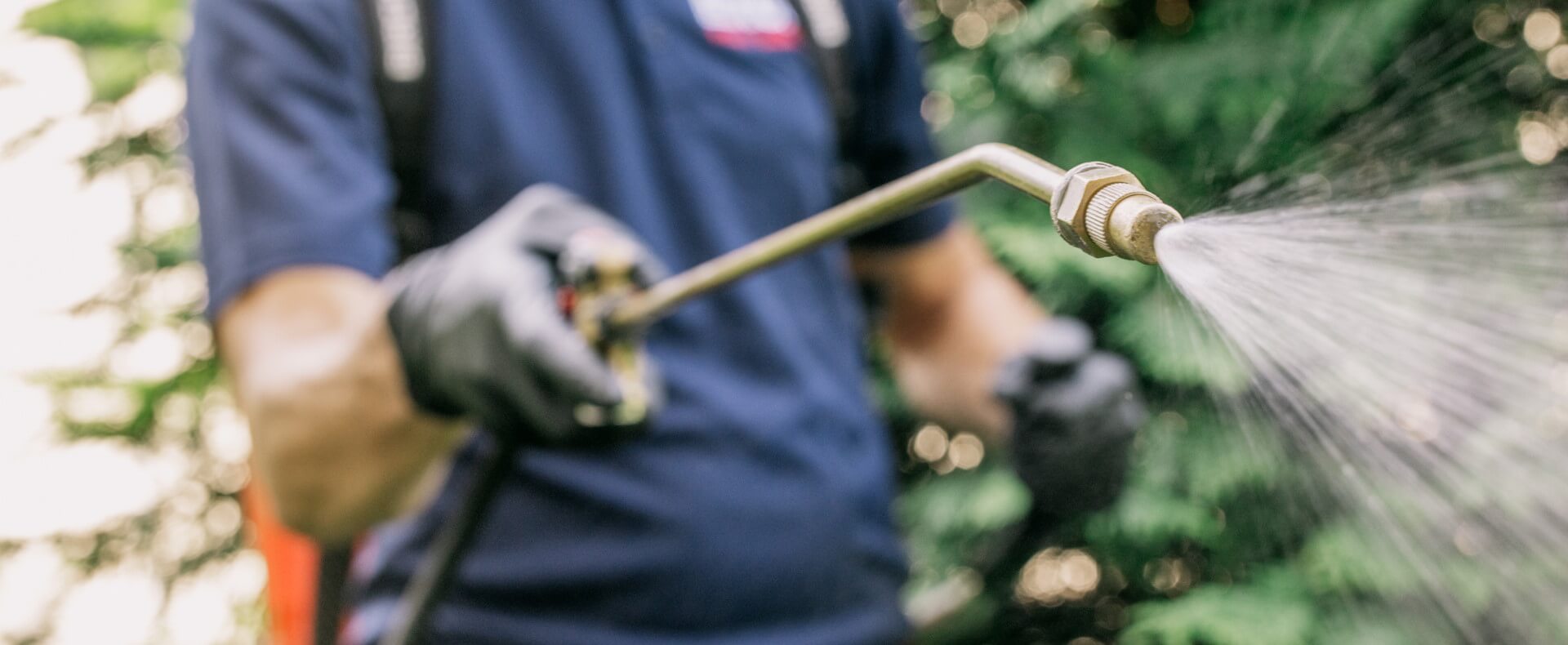
Quick reference
Frequently asked questions
What do rodents look like and why are they concerning?
Rodents are warm-blooded mammals that are found throughout the world. Some of the most common invaders in the rodent family are rats, mice, squirrels, chipmunks and voles. Rodents vary greatly in appearance between species, but all rodents have oversized front teeth that are used for chewing. Rodents are tough to control, and their tendency to chew on just about anything can cause immense damage in and around the home. Rodents carry and spread fleas, as well as carry diseases, including Hantavirus pulmonary syndrome which can be fatal.
Where do rodents live?
A rodent’s habitat will depend on its species. ground squirrels dig tunnels and burrows underground. Voles build their burrows in moist, dense grasslands, and tree squirrels live in trees. Chipmunks dig their burrows in a variety of areas, including lawns, forests, woodpiles, and gardens. Voles, squirrels, and chipmunks tend to stay outdoors and can cause damage to yard areas. Typically, the rodents most likely to enter a home or business are rats and mice, although some types of squirrels and chipmunks may enter as well. When rodents do enter a building, they like to live in cluttered areas with lots of places to hide, like attics and basements. They may also live between the layers of walls.
Why do I have a rodent problem?
Different types of rodents are attracted to different things. Voles like to chew on the roots of plants, so they are attracted to areas like gardens and farms. Voles are attracted to fields and large backyards, and chipmunks are attracted to properties that have ideal burrow locations like gardens, lawns, and woodpiles. Most rodents typically only cause damage outside. However, some species may seek shelter in homes and businesses for reasons such as cold weather, lack of food sources, or decreasing natural habitat as a result of construction.
When are rodents active?
Generally, rodents become a problem in homes and businesses during rodent season. This season begins with the arrival of cooler weather, which can be anywhere from August to late October, depending on the state. Rodents spend these months looking for a place to spend the winter, and many types will enter buildings during their search. When warmer temperatures return, usually sometime between March and May, most rodents that wandered inside during the fall will venture back outdoors.
What’s the best way to prevent a rodent infestation?
In order to prevent rodents from entering a home or business, it is important to seal any possible entryways. This means caulking gaps around windows and doors, fixing cracks in foundations, and replacing loose or missing roof shingles. Chimneys and vents should have tight fitting covers. It is a good idea to keep trees and bushes trimmed and away from the immediate exterior of buildings. Limiting clutter in areas like attics and basements can minimize the amount of places rodents can hide. Outside, rodent trapping and baiting can help reduce populations. Using castor oil-based repellents in areas of soil will drive away voles, and some other rodents. Rodents can cause a lot of damage both inside and outside, so if you see any signs of rodents on your property call control professionals such as EXCEL Termite and Pest Control today.






If pests come back so do we. Guaranteed.
The Excel “Worry Free-Pest Free” Guarantee.
Partnering with us means we’ve got you covered all year long – with free return service visits, anytime. If you need us, call us. We’ll be there. It’s one more way you can Excel and exhale.
Talk to us today.

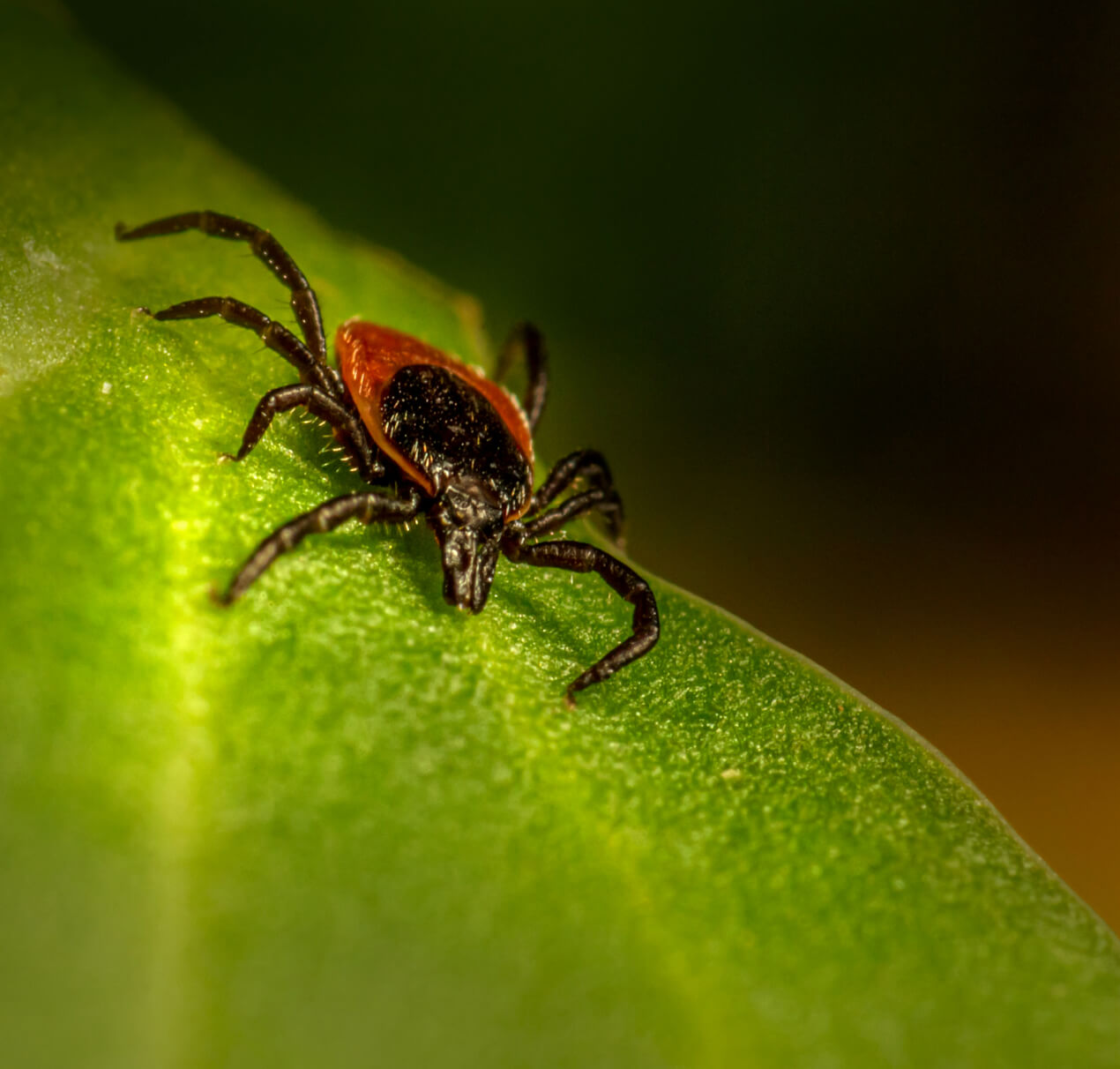

You’ll be supporting research into Lyme disease, too.
Choosing Excel helps us support the John Hopkins Lyme Research Center. You will help them advance the critical knowledge and clinical tools urgently needed to improve Lyme disease patient care and health outcomes.
The Company
We Keep
